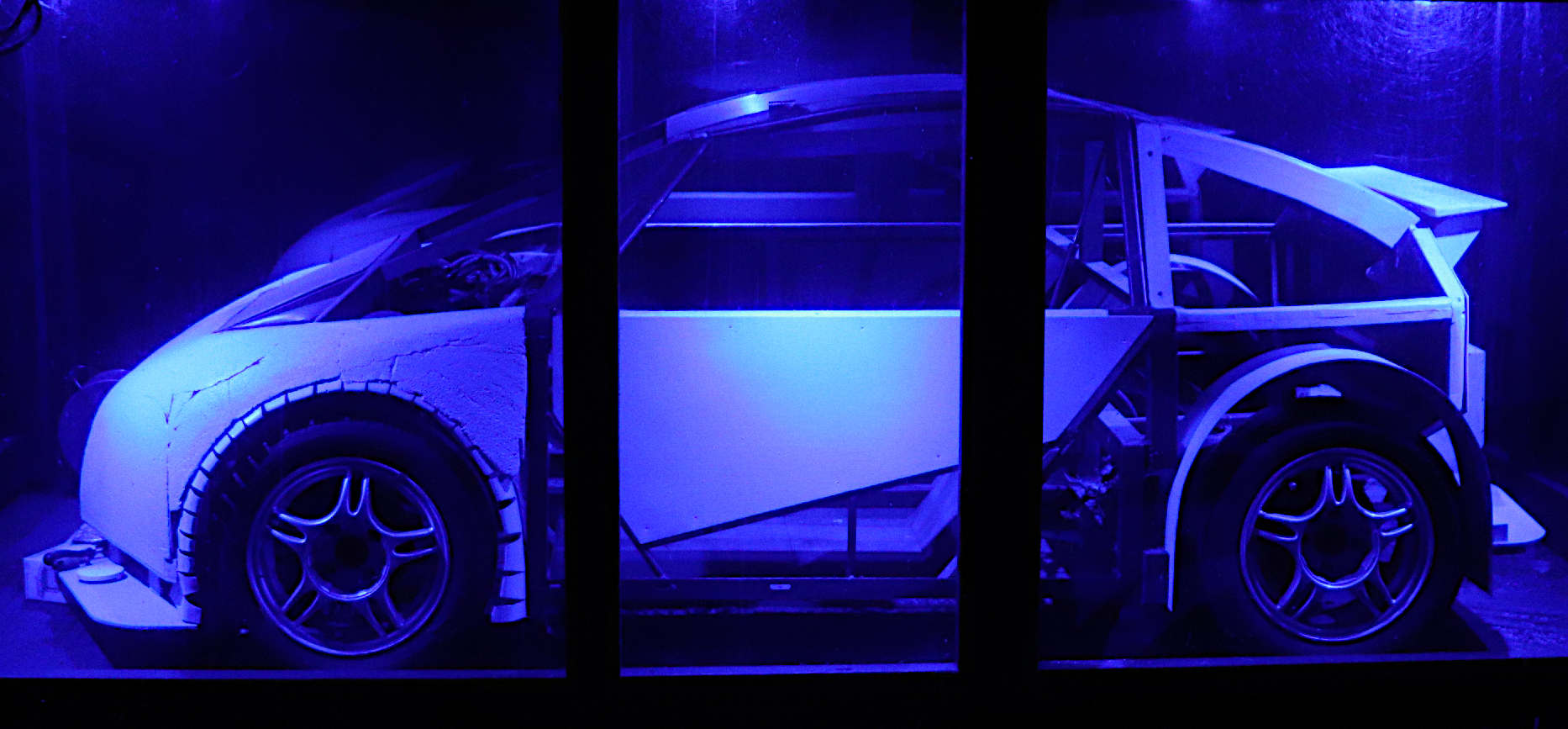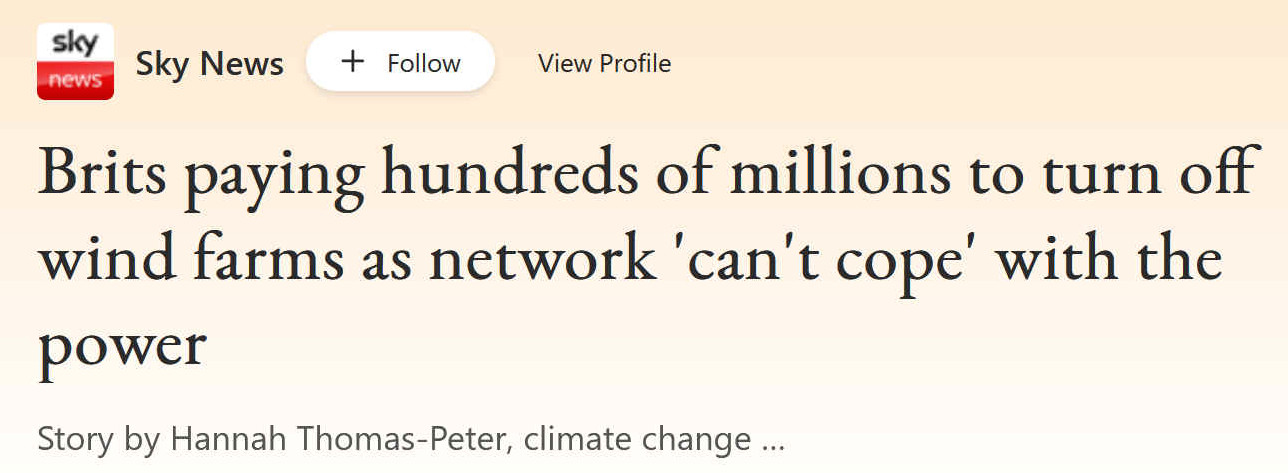|
The Labour Party, under the leadership of Kier
Starmer, with Rachel
Reeves as Labour's
shadow chancellor, have proposed a nationalised electricity
supply company, to cut out the dividends paid to shareholders. So
reducing the cost of energy for British citizens struggling to pay to
keep their homes lit and heated during the cost of living crisis that
was allowed to escalate during a succession of Conservative leaders: David
Cameron, Theresa
May and Boris
Johnson.
Even
with Rishi
Sunack at the helm doing his best to cope with the National
Debt at levels near GDP, it seems unlikely that Britain will be able
to scale the mountain of borrowing they have accumulated. The energy
crisis is so bad, Jeremy
Hunt appears to have lost his marbles, attempting to re-define
nuclear energy Renewable. Despite it being the most dangerous cumulative
poison for the planet. Anyone would have to be desperate to detach from
the correct position regarding waste disposal and leaks, that any
scientist will tell you is true. The taxpayer ends up footing the bill
for hundred and thousands of years of monitoring. That no country can
afford. It is more short-termism of the Thatcherite
variety.
There
is no need to dump in their own back yard, while wind and solar
power are so very much cheaper. And yes, The UK have allowed other
nations to build on their doorstep, so supporting European countries
with dividends, rather than install home grown businesses as an
investment in themselves. But that is another Conservative trait,
selling out their own country. EDF is French. Meaning that France
benefits from energy sales in the UK. France is another nation trying to
pretend that nuclear energy is clean. All of the world is facing the
same challenge, to reduce their GDP, to cool our climate. You cannot
aspire to more growth, when we've already outgrown the earth 2.4 times sustainable
levels. Maybe that is the election drum politicians should be banging.
Operators
of the National Grid should
face heavy fines for not modernising, by introducing legislation to
force National Grid
distributors, to get with it.

THE
GUARDIAN JANUARY 2023 - STATE OWNED ELECTRICITY COMPANY 'COULD SAVE BRITONS NEARLY £21 BILLION A YEAR'
A publicly owned electricity generation firm could save Britons nearly £21bn a year, according to new analysis that bolsters Labour’s case to launch a national energy company if the party gains power.
Thinktank Common Wealth has calculated that the cost of generating electricity to power homes and businesses could be reduced by £20.8bn or £252 per household a year under state ownership, according to a report seen by the Guardian.
The Labour leader, Keir Starmer, has committed to creating “a publicly owned national champion in clean energy” named Great British Energy.
Related: Pressure on Hunt rises as CEOs criticise lack of investment support before budget
Starmer is yet to lay out the exact structure of the mooted company, although he has said it would not involve nationalising existing assets, or become involved in the transmission or retail supply of energy.
Starmer instead hopes to create a state-backed entity that would invest in clean energy – wind, solar, tidal,
nuclear and other emerging technologies – creating jobs and ensuring windfalls from the growth in low carbon power feed back to the government.
[Nuclear
is not clean, it is irresponsible dirty]
The Common Wealth report, which analysed scenarios for reforming the electricity market, said that a huge saving on electricity costs could be made by buying out assets such as
wind, solar and biomass generators on older contracts and running them on a non-profit basis. Funding the measure could require a government bond issuance, or some form of compulsory purchase process.
Last year the government attempted to get companies operating low carbon generators, including nuclear power plants, on older contracts to switch to contracts for difference (CfD), allowing any outsized profits to flow back to taxpayers. However, the government later decided to tax eligible firms through the electricity generator levy instead.
The Common Wealth study concluded that a publicly owned low carbon energy generator would best deliver on Britain’s climate and economic goals, would eliminate windfall profits made by generators and would cut household bills.
MPs and campaigners have argued that Britain’s energy companies should be nationalised since the energy crisis, which has resulted in North Sea oil and gas producers and
electricity
generators making windfall profits, and a string of retail suppliers collapsing, costing taxpayers billions. Detractors of nationalisation in energy argue it can stifle innovation and expose taxpayers to huge financial risks.
Common Wealth pointed out that more than 40% of the UK’s offshore wind generation capacity was publicly owned by overseas national entities, meaning the benefits of high
electricity prices linked to the war in Ukraine had flowed back to other governments.
The study found the publicly owned generator model would create more savings than other options, including a drive for voluntary CfDs; splitting the generation market between low carbon and fossil fuel sources and a “single buyer model” with nationalised retail suppliers.
The Common Wealth director, Mathew Lawrence, said: “The energy system faces two acute challenges: the staggering profits being made by generators, and the need to rapidly decarbonise generation.
“A publicly owned generator can address both these pressing issues, rebuilding out energy system around the public interest. That is the fastest, fairest, most effective way to build a clean, secure, affordable power system.”
Starmer has cited the success of European energy firms with state backing including Sweden’s Vattenfall and Ørsted, which is part owned by the Danish state.
The authors of the Common Wealth report argued that Great British Energy could be a “powerful tool” in decarbonising Britain, but said ambition akin to the creation of the NHS was needed to make a serious difference.
“An approach to reform that does not go to the root of the upstream problems in our energy system, that does not build out at scale and instead remains a marginal actor in the transition, will be unable to deliver on its potential or, in the case of Great British Energy, its stated goals. In this context, timidity and incrementalism are the greatest risks, and ambition the safest path forward,” they wrote.
https://www.theguardian.com/politics/2022/sep/27/great-british-energy-what-is-it-what-would-it-do-and-how-would-it-be-funded
https://www.theguardian.com/money/2023/mar/06/leading-uk-ceos-attack-energy-support-policy-as-brake-on-investment
https://www.theguardian.com/business/nils-pratley-on-finance/2023/jan/05/labour-great-british-energy-plan-gbe
https://www.msn.com/en-gb/money/other/state-owned-electricity-generation-firm-could-save-britons-nearly-21bn-a-year/ar-AA18j8gR

THE
CART BEFORE THE HORSE - The
only way to turbo-charge change, is with clean statute. Well done to the
EU February 2023. The technology has existed for many years.
Manufacturers will now have to build zero carbon cars. Let us hope they
do not wait until the last minute, like VW are saying. Energy companies
will need to follow suite with infrastructure, or lose their grip on
transport fuels. Great news for those considering entering the JVH2. At
the moment it is the lack of alternative fuels at filling stations, that
is the log jam. The
UK is aiming at 2030, while Norway is ahead of the game in EV sales, with gasoline’s share of the new car market vanishing more
every month - faster than anyone could have predicted. This has led Norway to have the earliest target for the phaseout of new gasoline vehicle sales in the world – 2025.
Much of the credit for Norway’s head start can be credited to strong tax incentives for electric vehicles. Gas vehicles are subject to a significant tax, and electric vehicles are exempt from that tax.
Where it is clear that gas cars are on the way out, nobody wants to be saddled with a vehicle they won’t be able to fuel in 10 years. Some Norwegian gas stations are already replacing pumps with chargers, after all. But
green hydrogen and methanol is lagging.
|
|
EXAMPLE
OF AN EARLY ENERGY LOAD-LEVELLING PROJECT - 2014
|

|
At
the moment, there are no laws to make the automotive world
invest in new technology, other than banning petrol and diesel
vehicles by 2035 (in Europe). Climate change is not seen as a
dire situation to some automotive concerns. Or, we'd have been
driving EVs like those on sale today, over 20 years ago. The
only reason why not, is because of the fossil fuel lobbies,
talking politicians out of EVs - especially in California
- where CARB backtracked - reversing targets. Now, the only
blocker is a lack of infrastructure. And that is fairly and
squarely in the lap of the administration in your country. You
can help clear the fog of how and when, by fielding that dream
vehicle you've always wanted to build. Then (perhaps) let your
local MP check it out. The car seen here was built by students
in 2014 - ten years ago. It features a rapid hydrogen
cartridge exchange system - taking just a couple of minutes -
standalone, or in a suitably equipped service station. Patent
fees were prohibitive, without grant support. Leaving the car as heritage item
(Museum Exhibit in Sussex, England), being the first in the
world with such a system installed. Why not future proof your
JVH2 entry, by installing a removable cartridge.
|
|
This
very compact (unbranded) sports concept car incorporates the 'SmartNet'
system. Meaning that it is compatible with the flat-pack
hydrogen energy storage cartridges designed for trucks and
vans - even lithium batteries swaps. But there is no statute compelling
energy companies to develop such load levelling technology for
the electricity and distribution supply industry - by way of a
renewables
infrastructure. Surely, it makes sense to soak up all that
energy going to waste. Where at the moment the UK government
(as one example) are paying £millions in fines, to turn wind
turbines off. There must be many such solutions as yet
untested. By competing in the JVH2 using compatible
cartridges, you may help new energy storage and distributions
companies spring up, to compete with traditional inflexible
systems. Calling all entrepreneurs : )
|

|
HISTORIC
WORLD 1ST - INBUILT HYDROGEN CARTRIDGE EXCHANGE SYSTEM - SWAPS IN 2 MINS,
TO AMMONIA OR METHANOL FUELS
MEANING
ANY VEHICLE SO EQUIPPED MAY USE ANY H2 COMPOUND - OR EVEN LITHIUM
BATTERIES - FUTURE PROOFING TECHNOLOGY

|




